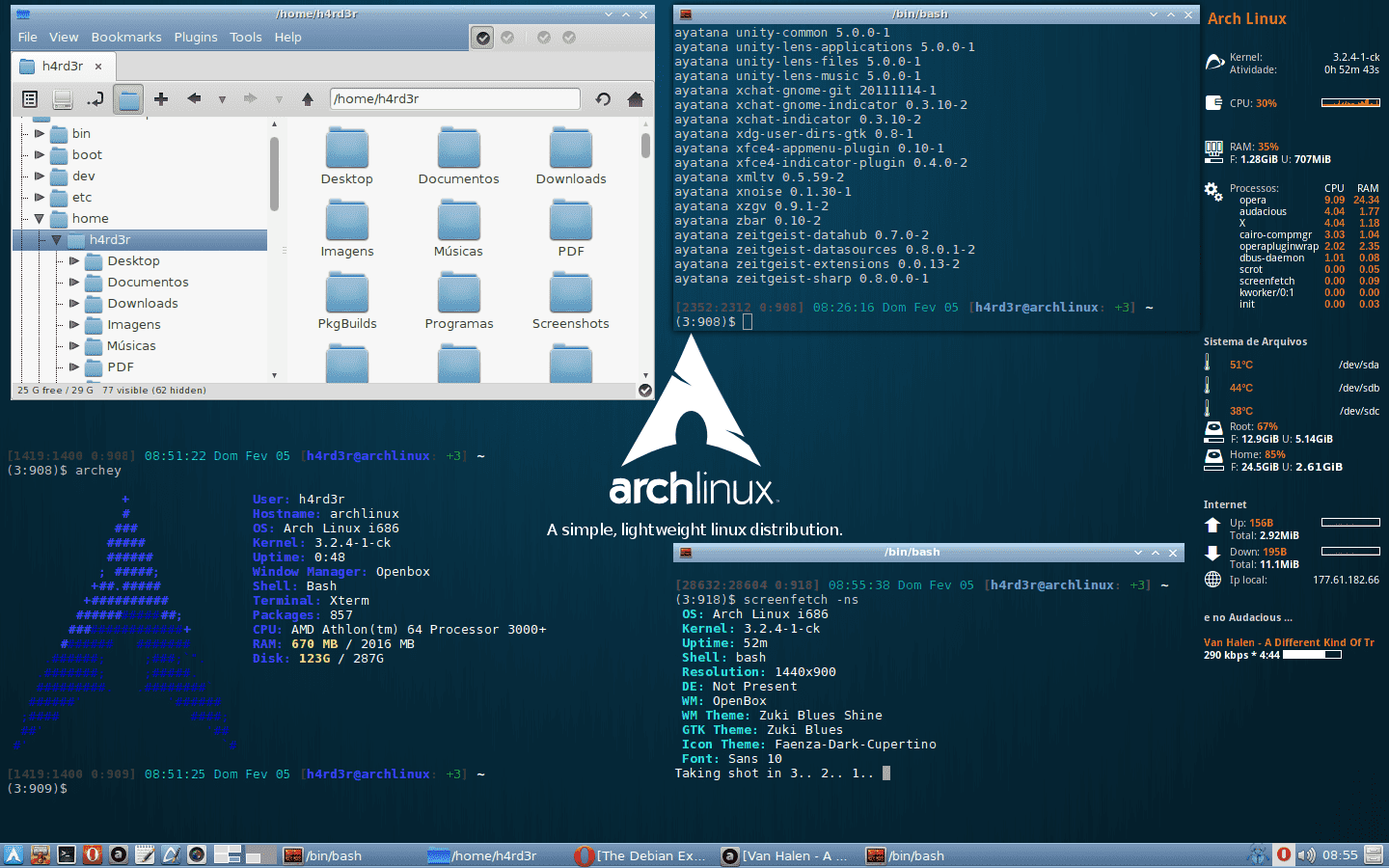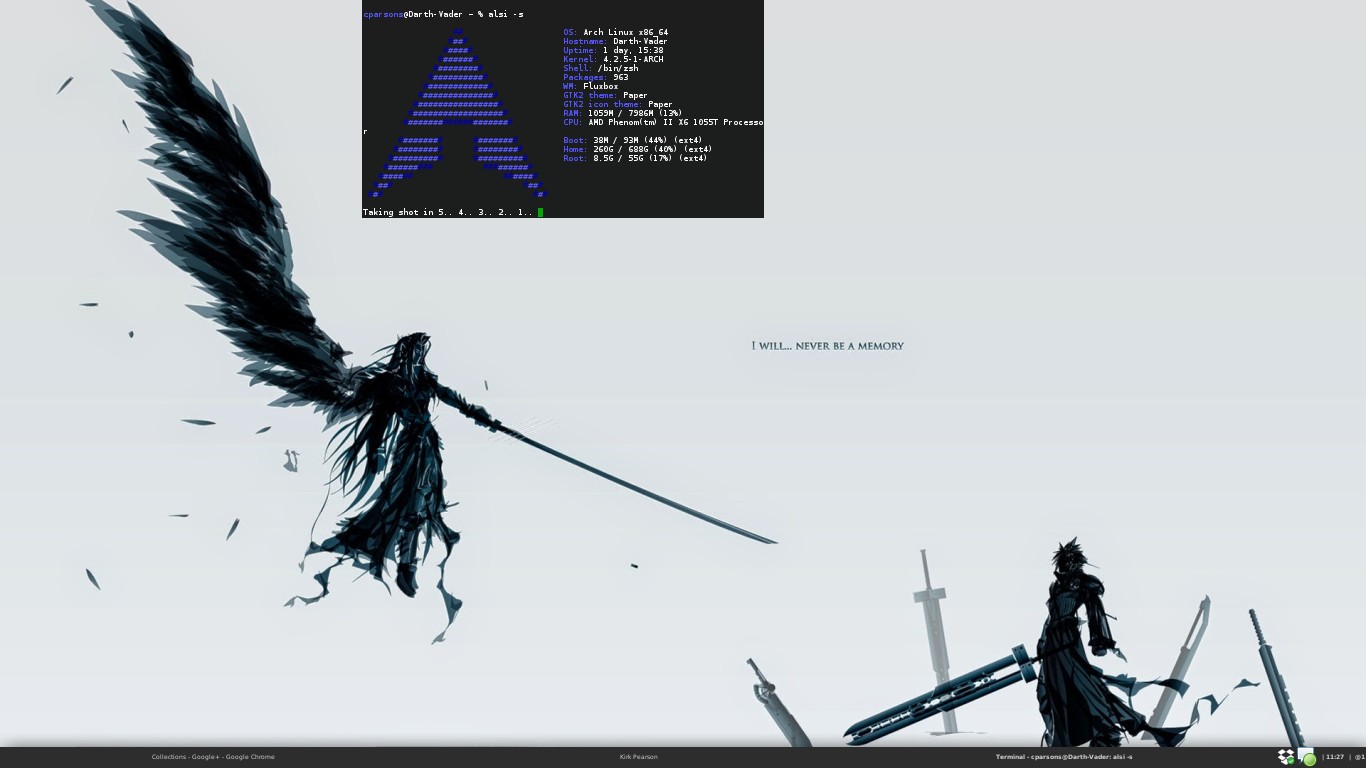
#ARCH LINUX PACKAGES INSTALL#
On occasion, it may be necessary to manually identify and install dependencies yourself (such as, after an aborted installation attempt).Īgain, there is no guarantee that any installed software will work properly, if at all. of Arch Linux, 8 binary installer, 1 download, 2 Fedora, 8 FreeBSD, 8 Homebrew, 9 MacPorts port, 9 OpenBSD, 8 openSUSE, 8 OS X, 4 package manager. Malicious packages (although extremely rare).Īs such, although much of the software packages provided by the AUR should work, do not expect the installation process to always be quite as straight-forward as when you are using the official Manjaro repositories.Improperly configured packages which download unnecessary dependencies, or do not download necessary dependencies, or both.Broken or only partially working packages.Multiple versions of the same packages.Although this repository is unofficial, software packages first placed here can eventually make their way into Arch Linux's official (community) repository if they become popular enough.ĪUR, as a community maintained repository, present potential risks and problems. The AUR is managed by the Arch Linux user community itself. It is still possible to access additional software packages from the Arch User Repository (AUR). Instead, Manjaro uses its own repositories in order to ensure that any software packages that are accessible, such as system updates and applications, have been fully tested to be compatible and stable before release. This is not a Manjaro issueĪlthough Manjaro is very close to Arch Linux and mostly compatible -being based on Arch Linux itself- it is not possible to access their official repositories for use in Manjaro. When Manjaro is updated, AUR packages might stop working.


No support will be provided by the Manjaro team for any issues that may arise relating to software installations from the AUR.


 0 kommentar(er)
0 kommentar(er)
